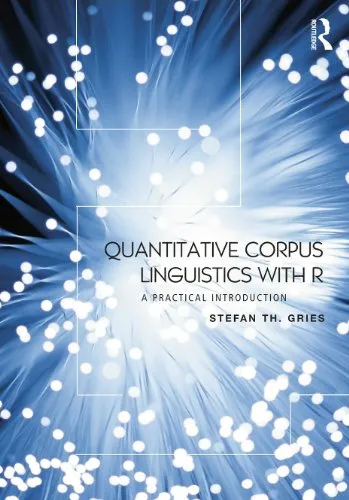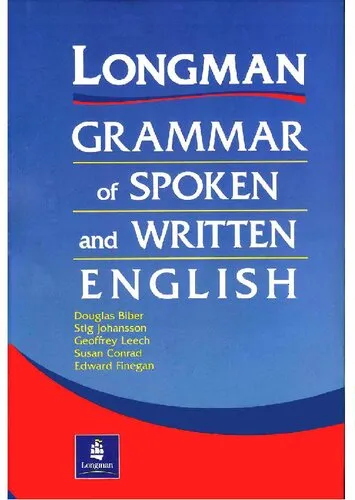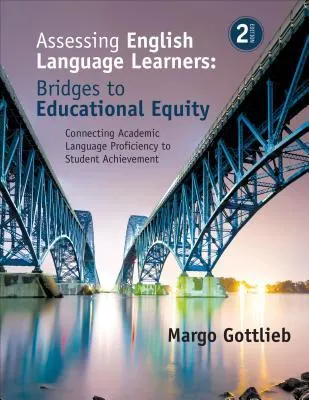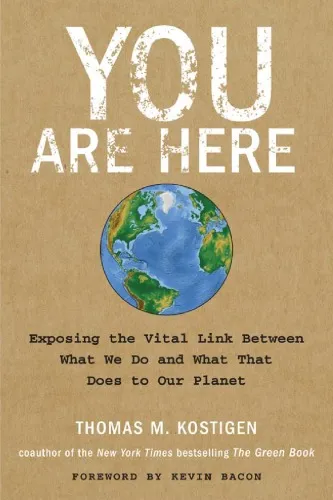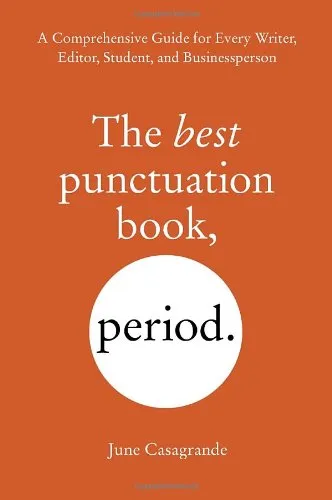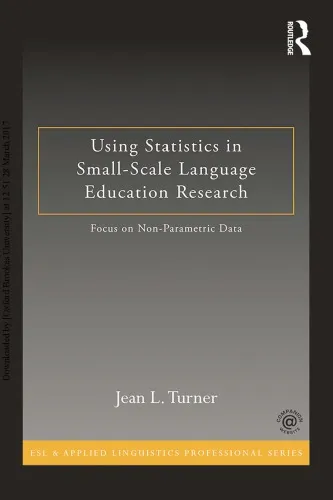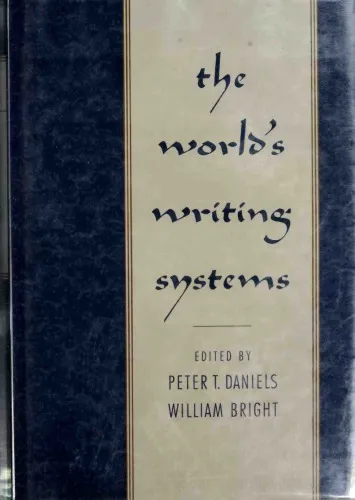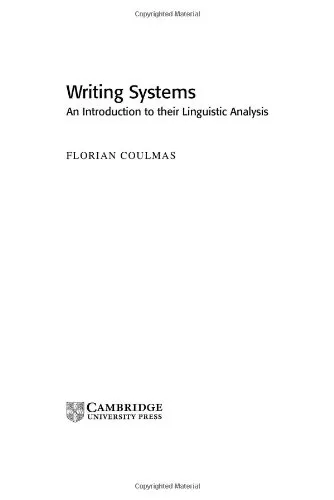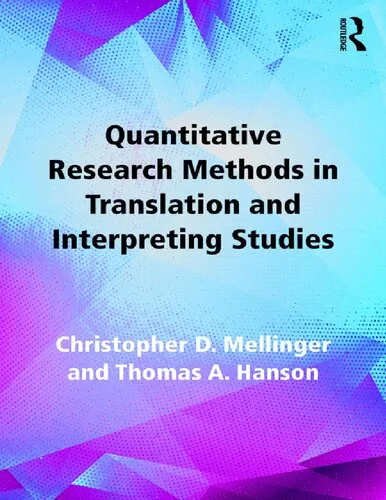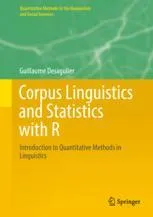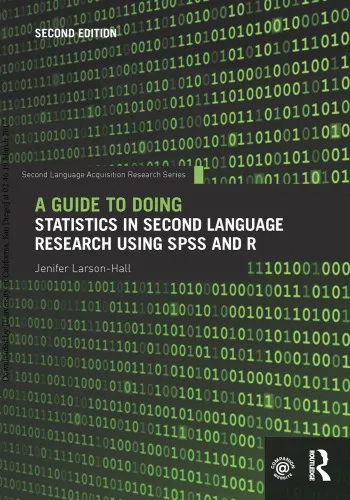Quantitative Corpus Linguistics with R: A Practical Introduction
4.0
Reviews from our users

You Can Ask your questions from this book's AI after Login
Each download or ask from book AI costs 2 points. To earn more free points, please visit the Points Guide Page and complete some valuable actions.Related Refrences:
Introduction to Quantitative Corpus Linguistics with R: A Practical Introduction
Welcome to a comprehensive guide designed to bridge the gap between corpus linguistics and quantitative data analysis using the programming language R. Written by Stefan Th. Gries, Quantitative Corpus Linguistics with R: A Practical Introduction serves as both an instructional manual and a reference book for linguists who want to enhance their analytical capabilities through modern computational tools.
In this book, you'll explore how statistical methods and quantitative approaches can deepen your understanding of language usage, patterns, and structures through corpus analysis. By integrating corpus linguistics with R, this work empowers readers to harness the full potential of data-driven linguistic research. The book eloquently walks readers through every stage of the process: from designing experiments and wrangling data to performing advanced statistical analyses.
Whether you are new to R or already possess some experience in programming and linguistics, this book is tailored to provide practical insights and actionable steps for conducting linguistic research effectively and independently.
Summary of the Book
The book is divided into a series of chapters that progressively build the reader's skills in quantitative corpus linguistics. It begins by introducing the reader to corpus linguistics and paves the way for the integration of computational tools by covering the basics of R programming.
The core chapters focus on guiding readers through the essentials of data pre-processing, exploratory data analysis (EDA), and statistical testing. These tasks are approached from a linguistic perspective, ensuring that the statistical methods employed—such as regression models, correlations, and frequency analyses—are rooted in real-world language data challenges.
Furthermore, many of the examples provided in the book are accompanied by step-by-step R code snippets. These accessible guides help readers quickly grasp complex concepts and seamlessly replicate analyses with their own datasets.
The book also emphasizes replicability, coding best practices, and visualization techniques. It makes use of R's robust libraries to develop clear, visually appealing plots that communicate linguistic results effectively.
Key Takeaways
- Theoretical Foundation: Gain an in-depth understanding of how quantitative methods complement corpus linguistics.
- Practical Knowledge: Learn to pre-process, analyze, and visualize language data using R step by step.
- Hands-on Coding Skills: Build practical coding expertise by applying detailed R examples to linguistic research problems.
- Real-world Applications: Explore numerous case studies that show how theoretical concepts and R programming converge in applied linguistic analysis.
Famous Quotes from the Book
"Quantitative methods are not just about crunching numbers; they are lenses through which we observe the minute details of human language in action."
"The synergy between linguistics and computational tools like R marks a transformative shift in how we parse, analyze, and interpret language."
Why This Book Matters
As we move deeper into the age of big data, the ability to analyze and interpret linguistic data quantitatively is becoming a vital skill for researchers, professionals, and students alike. Quantitative Corpus Linguistics with R stands out because it not only teaches you about the numbers but also relates them to the nuances of human language.
What sets this book apart is its focus on making quantitative linguistic research both accessible and replicable. The step-by-step R examples ensure that even those with minimal statistical knowledge or programming experience can confidently apply these methods to their work. Moreover, the book underscores rigor and transparency, qualities that are crucial in modern scientific research.
This book is an invaluable resource for anyone who aims to use cutting-edge methods to uncover new insights into language. Whether you’re a linguist, a researcher in social sciences, or a data scientist with an interest in language, this book will expand your toolkit and elevate the quality of your work.
Free Direct Download
You Can Download this book after Login
Accessing books through legal platforms and public libraries not only supports the rights of authors and publishers but also contributes to the sustainability of reading culture. Before downloading, please take a moment to consider these options.
Find this book on other platforms:
WorldCat helps you find books in libraries worldwide.
See ratings, reviews, and discussions on Goodreads.
Find and buy rare or used books on AbeBooks.
1381
بازدید4.0
امتیاز0
نظر98%
رضایتReviews:
4.0
Based on 0 users review
Questions & Answers
Ask questions about this book or help others by answering
No questions yet. Be the first to ask!
